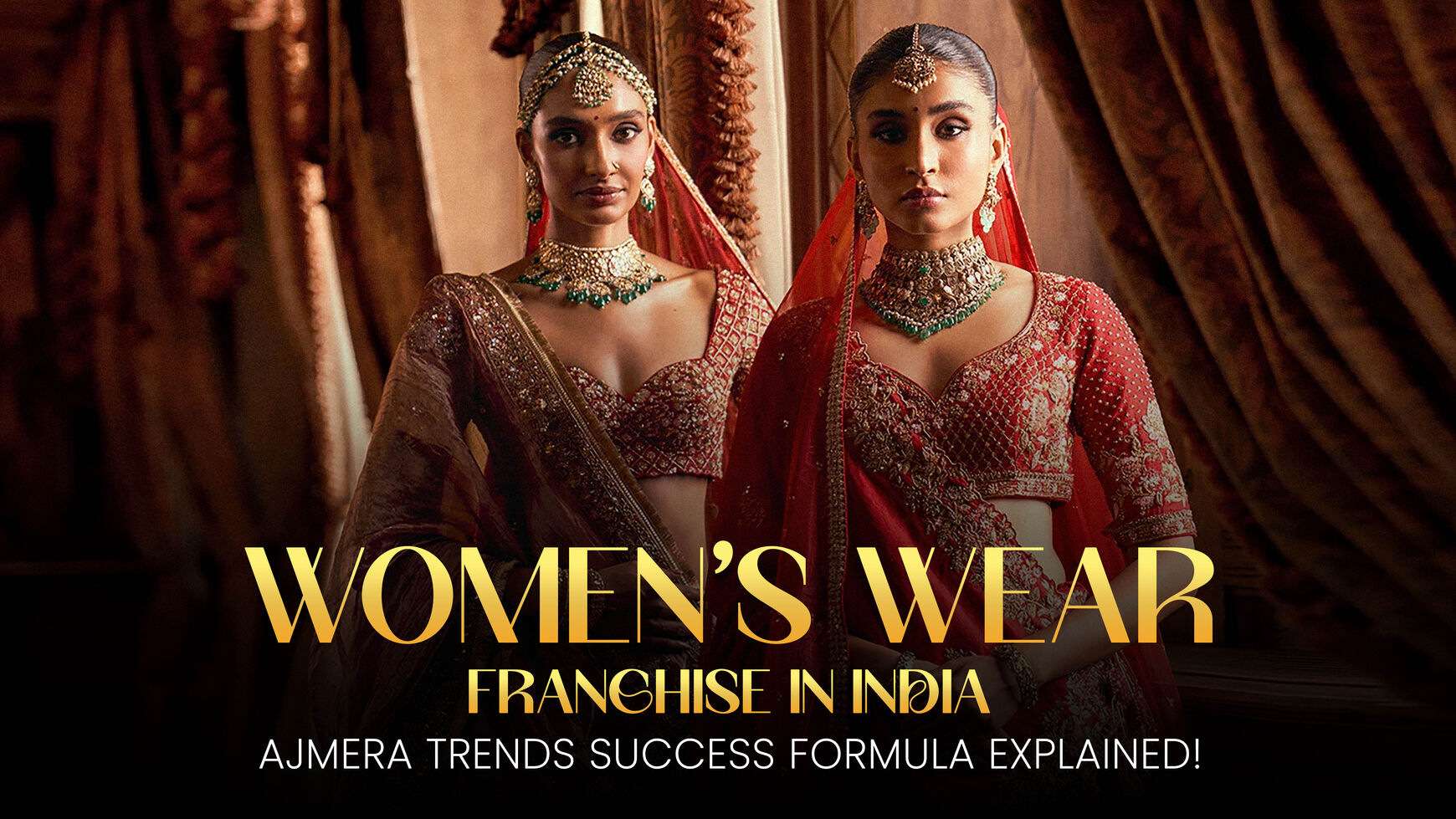Who Are Some Wholesale Clothing Boutique Suppliers?

Share Blog:
Taking the Ideal Wholesale Approaches For Your Fabrics Boutique
Finding quality fabric is one of the most important components when considering creating any form of fashion because it becomes the basis of your desired design. Building a long-lasting relationship with wholesale suppliers is vital for every fashion business especially those focusing on intricate fabric usage. In this guide, we will take a look at wholesale fabric suppliers that will aid you in forming a unique collection.

1. Finding Your Target Demographic While Looking Out For Suppliers:
From cotton mulmul for summer dresses to Pashmina wool for luxe winter apparel the possibilities are endless and this is what allows for them to blossom into businesses. The first step to reaching new heights is by understanding what type of textiles your brand is looking deeper into and the audience it will serve.
2. Holy Places For Fabric Sourcing: An Experience Like No Other:
A distinctive network of textile centers exists throughout the country. Traversing through busy markets can be a great educational and motivational experience. Here are a couple of popular centers:
-
Surat: Highly recognized for its numerous fabrics ranging from silk, blended textiles, and embroidered fabrics.
-
Kanchipuram: A popular destination for hand-crafted silk sarees complete with intricate designs and elaborate zari work.
-
Jaipur: Stock up on block prints, leheriya, and bandhani among other vividly colored fabrics.

For Franchisee Inquiry, Call: +9163521 77288
3. Use Online Marketplaces:
The Internet has completely changed the way we source items, and there are a number ofB2B online marketplaces connecting Indian businesses with textile suppliers. Such platforms provide several advantages such as–-
Selection of Items: They expand the number of fabrics from which to choose from different regions of India.
-
Supplier’s Reviews: Increase the assessment of the texture’s supplier reliability based on the reviews provided by other businesses.
-
Minimum Order Quantities (MOQs): When starting from scratch, it is a good idea to locate suppliers with suitable MOQs when one is beginning the manufacturing process.
4. Quality Control:
Quality has to be at the top list of priorities, here are some tips for unguaranteed high-quality fabric:-
Seek for samples before mass buying: Assess the quality of the fabric in terms of its weight, drape, and feel of the material before making an urge order.
-
Ensure proper communication: Make it easier for fabric suppliers to understand your requirements by ensuring they are aware of the exact specifications regarding the color, the weave, and any additional finishes preferred by you.
-
Cultivate Partnerships: Many of the long-term suppliers who focus on quality will also be willing to establish long-term partnerships.
5. Building Ethical Partnerships:
In the modern-day market where customers are more sensitive and aware, the need for ethical sourcing has become even greater; here are some of the elements to consider during supplier selection:
-
Fair Treatment of Employees: Confirm that the suppliers follow fair treatment towards their employees by ensuring that fair labor practices are followed.
-
Sustainable Materials: Partner with suppliers offering eco-friendly materials for your brand such as organic cotton or recycled polyester
-
Transparency: Work with suppliers willing to disclose their sourcing practices.
The Ajmera Fashion Advantage: A Commitment to Quality and Heritage
At Ajmera Fashion we say proudly that we endorse our Indian textiles. Because to build aesthetics and high-end definition pieces, it is very essential to have high-quality textiles that are being sourced. So here are a few more suggestions for you:
-
Networking with textile artisans: To understand how traditional textile was made, bond with weavers, dyers, and other related textile artisans. This enables in procuring unique textiles straight from their source.
-
Supporting local businesses: Assuredly, supply chains should be sourced from local suppliers in the first place. Thisgreatly aids in boosting the textile economy in that region.
-
Integrating new ideas and Techniques: Take time to discover and learn about more state-of-the-art textile techniques like digital printing or even natural dyes that could complement and enhance your collections.
Strong relationships with wholesale textile suppliers are an integral part of curating unique and beautiful clothing that reflects your brand’s vision. Building these strong relationships is straightforward. You need to focus on your niche, diversify your sources, and put a premium on quality and ethical practices. Always keep in mind that the whole sourcing activity is a series of explorations. You will rise to archetypes. Be one with the course and let the wonderful world of fabrics around you serve as an inspiration.

For Wholsale Inquiry, Call: +916358907210
Also read: Why is Clothing Franchise Business Popular In India.
General FAQs Wholesale Clothing Suppliers :
Q: Wholesale clothing supplier- what is that?
A: So a wholesale clothing supplier is basically any individual or business that can purchase clothing from suppliers at a lower price than individual stores and further sell to customers.
Q: How am I able to easily find credible wholesale clothing suppliers?
A: Online directories, trade shows, or other industry events, through referrals, traveling to textile or garment manufacturing hubs are all suitable ways to find suppliers.
Q: Minimum Order Quantities (MOQs)
A: MOQs is the minimum quantity of units in a single order that the seller is allowed to order with a supplier, also known as the purchase limit. MOQs differ from one supplier to another as well as by type of MOQs.
Q: What are some effective ways of negotiating prices with wholesale suppliers?
A: One way to negotiate prices is by establishing relationships, placing larger orders, and paying your bills on time. Also checking the market price beforehand is a strategy.
Q: So what are some tips that would be handy while negotiating with a supplier?
A: Remember to ask about their MOQs, pricing structures, payment terms and conditions, shipping options, and return policies. And always try to get clarification on their quality control and certification processes (for example, organic materials).

For Franchisee Enquiry, Call: +9163521 77288
Also Read...





